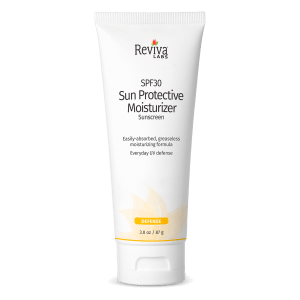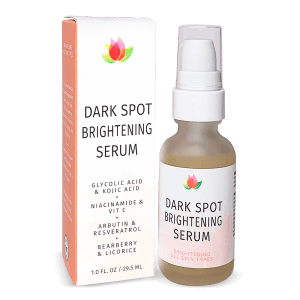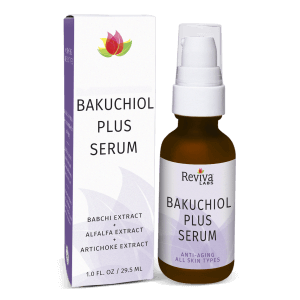Ingredients, Reviva Labs, Skin Care
How to Choose the Right Sunscreen
Sunscreen is not just an optional addition to your skincare routine – it’s a vital defense mechanism against the harmful effects of the sun. Ultraviolet (UV) rays from the sun can lead to a number of skin problems, including premature aging, hyperpigmentation, and even skin cancer. To safeguard your skin, it’s essential to choose a sunscreen that works with your skin type and lifestyle needs.
Deciphering SPF Ratings
The Sun Protection Factor (SPF) is a crucial indicator of how effectively a sunscreen can shield your skin from UVB rays, which are primarily responsible for sunburn and contribute significantly to skin cancer risk. An SPF rating indicates the level of protection, or how long a sunscreen will protect you from UVB ray. For example, an SPF 30 means it will take 30 times as long for your skin to burn than if you had no sunscreen on at all. The higher the SPF number, the greater the defense. However, it’s important to note that no sunscreen can block 100% of UV rays. For optimal protection, it’s recommended to use a broad-spectrum sunscreen. A sunscreen with broad spectrum protection protects the skin against both UVB and UVA rays. UVA rays are known to cause photoaging and contributes to wrinkles, loss of collagen and hyperpigmentation.
What’s the difference between a Physical and Chemical Sunscreen
Sunscreen formulations fall into two main categories: physical (mineral) and chemical. Physical sunscreens contain active mineral ingredients like zinc oxide or titanium dioxide. These ingredients form a protective barrier on the skin’s surface, reflecting UV rays away. They’re often recommended for individuals with sensitive skin due to their low likelihood of causing irritation.
Chemical sunscreens, on the other hand, work by absorbing UV radiation before it can penetrate and damage the skin. They typically contain organic compounds such as oxybenzone, octinoxate, and avobenzone. These formulations are usually lighter and more transparent on the skin, making them a popular choice for everyday wear.
Benefits of Physical Sunscreens
Physical sunscreens are praised for their broad-spectrum protection, effectively guarding against both UVA (known as aging rays do to their ability to penetrate deeply into the skin) and UVB rays. They’re also more water-resistant, making them an ideal option for activities like swimming or outdoor sports. Additionally, since they don’t absorb into the skin, physical sunscreens are less likely to cause irritation, making them suitable for those with sensitive or reactive skin.
Benefits of Chemical Sunscreens
Chemical sunscreens are often favored for their lightweight texture and ability to blend easily into the skin without leaving a white residue. These formulations are best suited for individuals without sensitive skin who prefer a sunscreen that can be applied easily on top of their daily skincare products.
Selecting the Right Sunscreen for Your Skin
When choosing a sunscreen, it’s important to consider your skin type:
- Sensitive Skin: Opt for physical sunscreens with zinc oxide or titanium dioxide, as they are less likely to cause irritation.
- Acne-Prone Skin: Look for oil-free and non-comedogenic formulas to prevent clogged pores.
- Dry Skin: Seek out sunscreens with moisturizing ingredients like glycerin or hyaluronic acid to keep your skin hydrated.
- Darker Skin Tones: Consider chemical sunscreens or tinted physical sunscreens to avoid a white cast on the skin.
Maximizing Sunscreen Efficacy
For the best protection, apply sunscreen generously and evenly to all exposed areas, including often-overlooked spots like the ears, neck, and the backs of the hands. Reapply every two hours or after swimming or sweating to maintain optimal coverage. Additionally, it’s important to use sunscreen year-round, as UV rays can penetrate clouds and glass, exposing your skin to potential damage even on cloudy days or while indoors.
Choosing the right sunscreen involves knowing your skin type, the level of sun exposure you will be exposed to, and your personal preferences. Whether you opt for a physical or chemical sunscreen, the key is consistent and correct application to ensure your skin remains protected from the sun’s damaging effects. By incorporating the right sunscreen into your skincare regimen, you can enjoy the outdoors while maintaining healthy, radiant skin.









